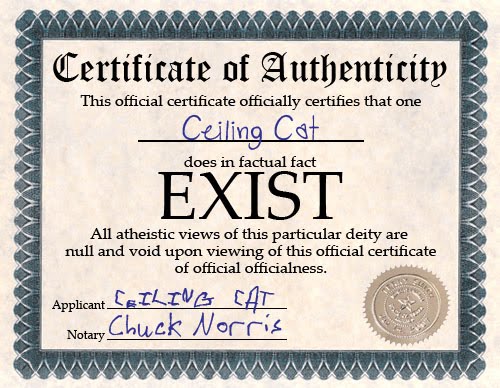Leftimies
Dwelling in the Principle
I've fallen into the habit of distinguishing between religious experiences and mystical experiences.
To me, a religious experience involves to some significant degree -- or in some significant way -- the symbols and/or concepts specific to a religion. For instance, an experience of seeing the Virgin Mary in the sky. The Virgin Mary is a symbol specific to only two religions that I know of -- Christianity and Islam.
Another point to make about religious experiences is that they seem to depend on familiarity with a specific religion. So, for instance, someone who has never once heard of Shiva is very unlikely to have an experience they identify as being an experience of Shiva.
A mystical experience, on the other hand, does not to any significant or crucial degree involve the symbols and/or concepts specific to a religion. For instance, an experience of the oneness of all things. That concept -- that there can be an experience of the oneness of all things -- seems to transcend all religions, rather than be specific to any one religion. That is, it is not only found in many or most religions, but is also found outside of any religion.
I am not saying there's no overlap between religious and mystical experiences, but merely that it would seem valid or useful to distinguish between the two.
Do you think the distinction between religious experiences and mystical experiences might be a valid or useful one? Why or why not?
EDIT: Just to be clear, I am not trying to assert that the distinction I'm making between religious and mystical experiences is the only legitimate way to sort or categorize those experiences. I'm certain there are many possible ways of doing that, and to insist that only one of those ways is valid strikes me as akin to asserting that a car cannot be categorized as both a "vehicle" and a "status symbol" because -- for some obscure reason -- it can only be either a vehicle or a status symbol, but not both.
Both are the same thing. Religious Experience is just a Mystical Experience interpreted from the viewpoint and context of one's cultural background.


